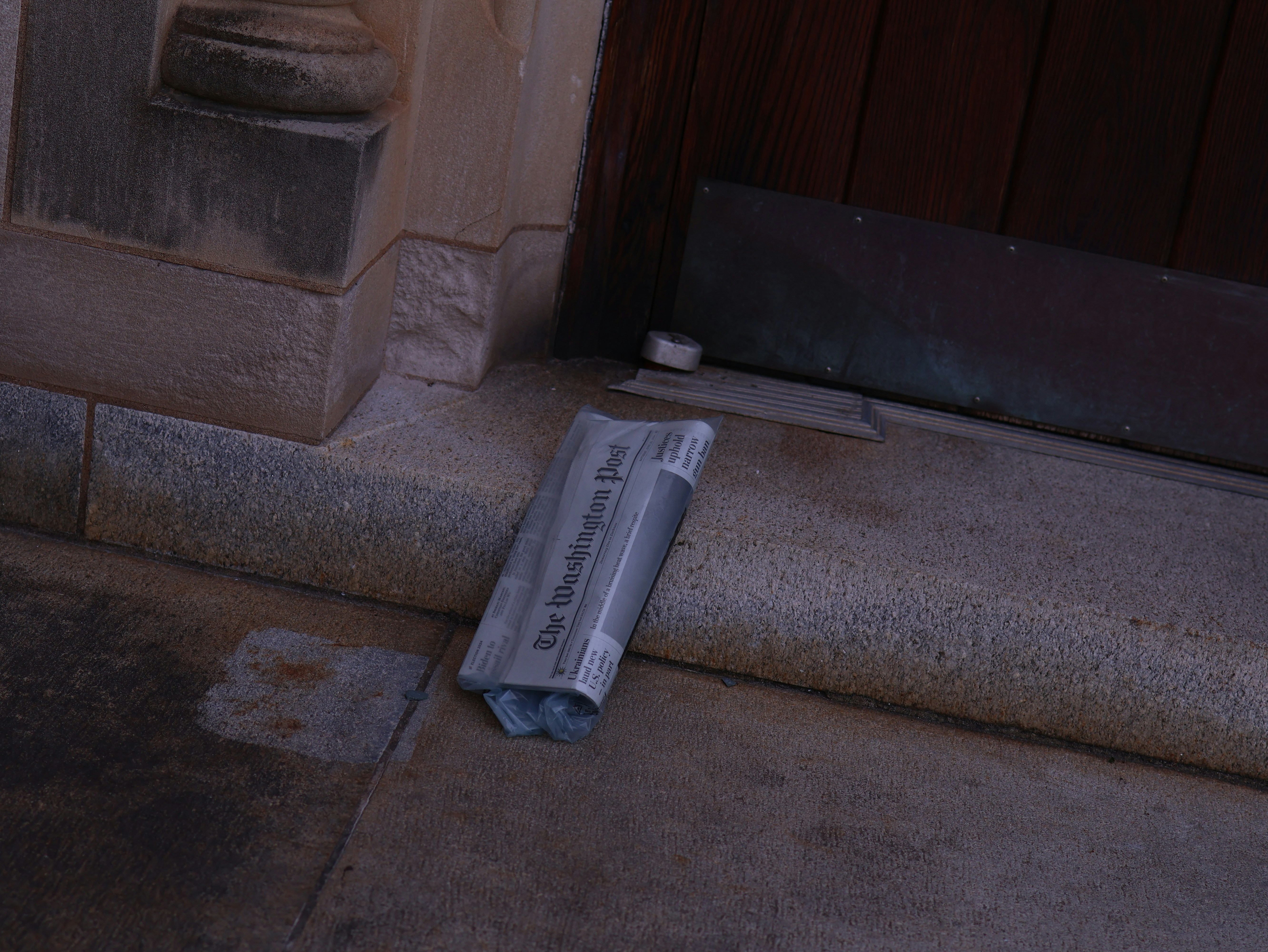Twin Cities Pain Clinic Data Breach Lawsuit Investigation
Were you shocked to receive a data-breach letter from Twin Cities Pain Clinic? Personal and medical details may now be in the hands of cyber-criminals. Act quickly—learn how to safeguard your identity and see if you qualify for financial compensation.
💾 Download Official Breach Notice (PDF)What Happened?
On July 9, 2025, Twin Cities Pain Clinic (TCPC) detected suspicious activity within an employee’s email account. A forensic investigation confirmed on July 31 that an unauthorized party had accessed both the email environment and associated SharePoint files.
The breach prompted a detailed review to identify exposed information and notify affected patients. Official notification letters were mailed beginning September 4, 2025, in compliance with state and federal regulations.
What Information Was Exposed?
The type and scope of data vary by individual, but may include:
- Full name
- Social Security number
- Date of birth
- Contact details (mailing address, email, phone)
- Financial account information
- Medical data (record numbers, treatment notes, provider information)
- Health insurance information
Such data can be used for identity theft, insurance fraud, or phishing attacks, underscoring the urgency of taking protective steps.
Complimentary Credit Monitoring
The clinic is offering free credit-monitoring services to all notified individuals. Enrolling can help detect fraudulent activity early, but it does not compensate you for any losses. Legal action may help you recover damages for out-of-pocket costs, time spent, and emotional distress.
Your Legal Options
If your personal information was compromised, you may be entitled to:
- Reimbursement for identity-theft expenses
- Compensation for time spent remedying fraud
- Statutory damages under state privacy laws
- Enhanced credit and identity-protection services
Class action and individual claims are being evaluated now. Deadlines apply, so consult with a qualified data-breach attorney as soon as possible.
Protect Yourself Now
- Enroll in the provided credit monitoring.
- Place a fraud alert or credit freeze with the major bureaus.
- Monitor bank, credit-card, and insurance statements for unusual activity.
- Change passwords—use unique, complex credentials and enable multi-factor authentication.
- Document losses (time, money, emotional impact) to support any future claim.
Frequently Asked Questions
How did the Twin Cities Pain Clinic data breach occur?
Investigators believe an unauthorized third party gained access through an employee email account, then viewed files in TCPC’s email and SharePoint systems.
What should I do if I received a Twin Cities Pain Clinic breach letter?
Follow the instructions to enroll in credit monitoring, review the list of exposed data, and consider speaking with a data-privacy attorney about possible compensation.
Can I file a lawsuit against Twin Cities Pain Clinic for the data breach?
Potentially. Individuals whose PII/PHI was exposed may have claims for negligence, breach of implied contract, and violations of privacy statutes. A legal review will clarify your eligibility.
Is my medical information at risk because of the TCPC breach?
Yes. Treatment notes and medical record numbers were among the compromised data. Monitor your health-insurance statements and be alert for unauthorized medical services.
How long do I have to take legal action over the Twin Cities Pain Clinic breach?
Limitations periods vary by state, often ranging from one to three years after discovery of the breach. Acting quickly ensures you meet all deadlines.







